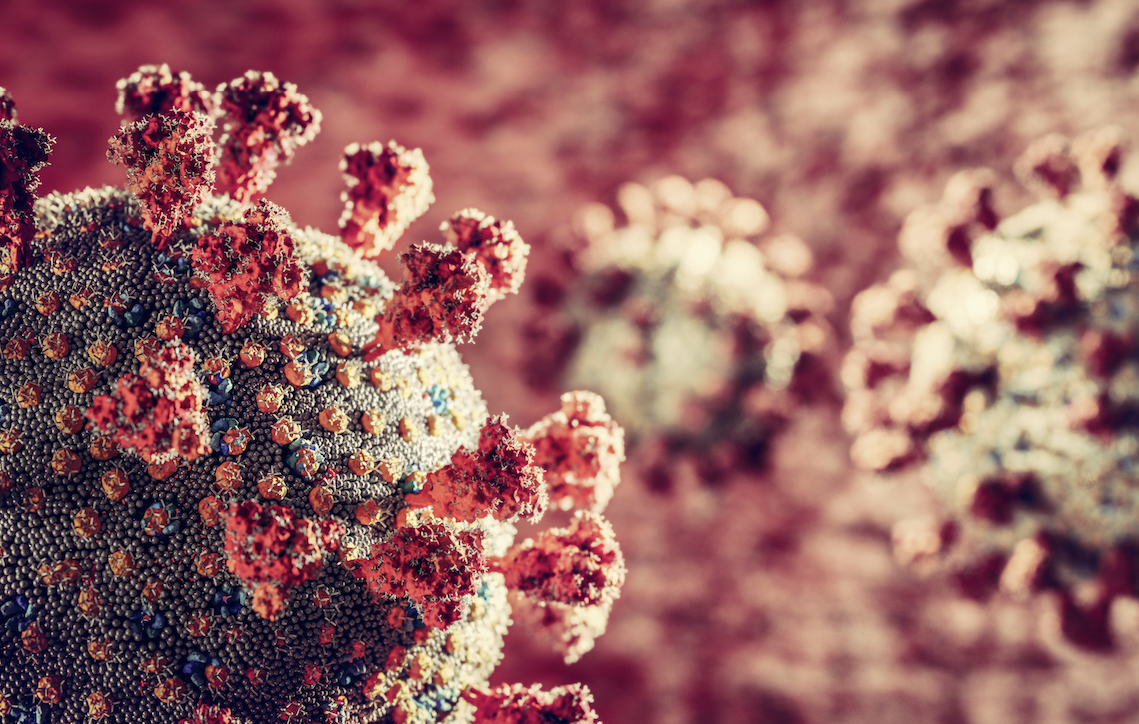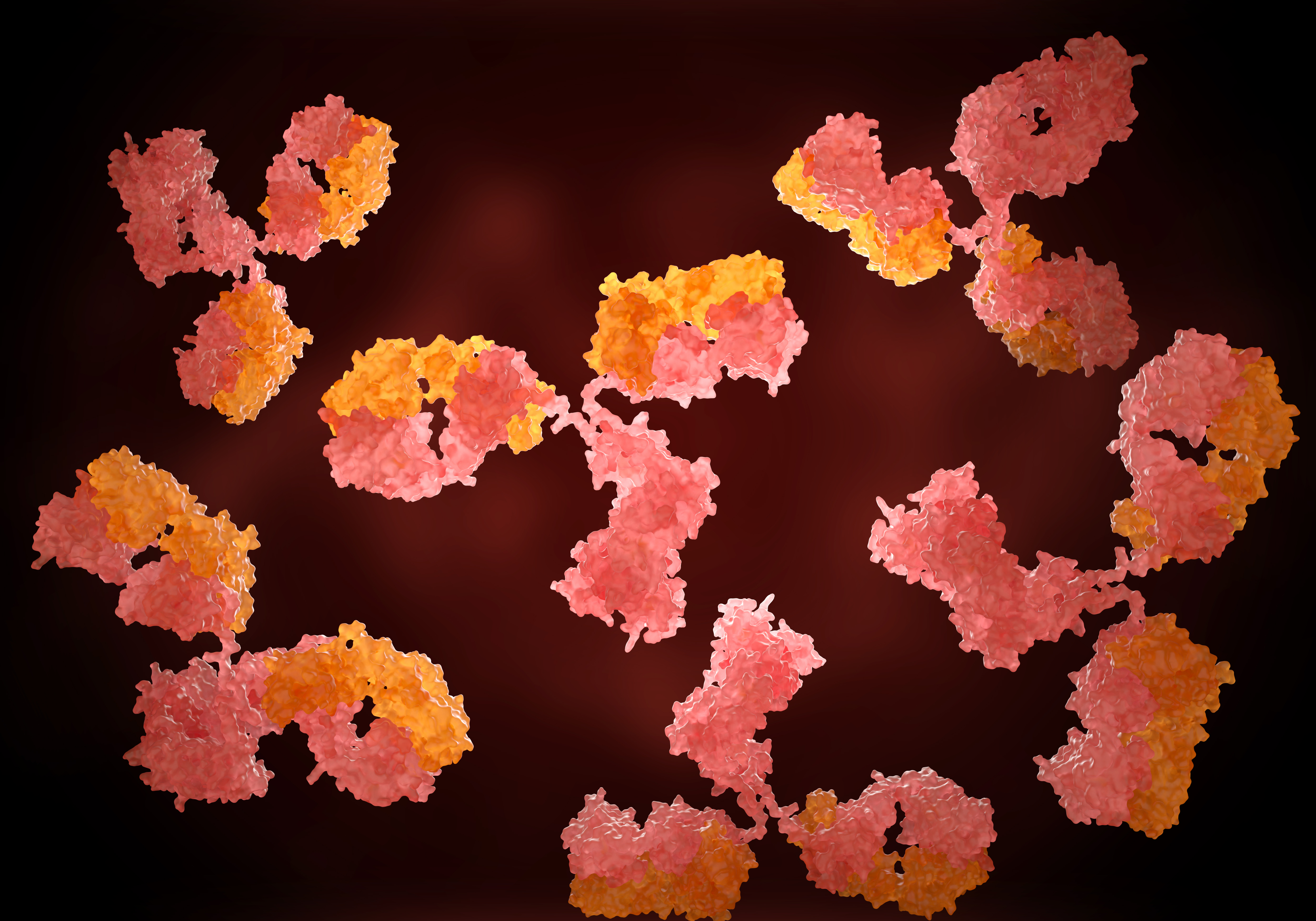- Agriculture
- Antibiotic/anti-viral
- Biologics
- Biomarkers
-
By Clinical Application
- Anesthesiology
- Blood & Lymphatic Disease
- CNS & Neurosciences
- Dermatology
- Diabetes, Metabolism, Endocrinology & Obesity
- Ear, Nose, & Throat
- Gastroenterology & Digestive Disease
- General & Plastic Surgery
- Health Education, Medical Training and Operations
- Heart and Vascular
- Immunology, Autoimmune & Inflammation
- Infectious Diseases
- Mental Health
- Multiple clinical applications
- Musculoskeletal Disorders, Orthopedics/Bone
- Nephrology/Renal
- Oncology
- Ophthalmology
- Orphan Diseases
- Pediatrics
- Physical Medicine & Rehabilitation
- Radiology
- Regenerative Medicine / Tissue Engineering
- Reproductive Health: Obstetrics & Gynecology
- Respiratory & Pulmonary
- Surgery
- Transplantation
- Urology
- Wound Healing
- COVID-19
- Creative Works
- Diagnostics
- Drug Delivery
- Drug screening and discovery
- Energy, Cleantech & Environmental
- Engineering & Physical Sciences
- Gene therapy
- Imaging
- Materials
- Medical Devices
- Nutraceuticals
- Other
- Research & Design Tools
- RNAi/siRNA ×
- Sensors & Controls
- Small molecules
- Software & Information Technology
- Stem Cells
- Vaccines
Precision Gene Therapy for Parkinson’s Disease: Targeted SNCA Down-regulation in Dopaminergic Neurons
Unmet Need Parkinson’s disease (PD) is the second most common neurodegenerative disorder, affecting approximately 10 million people globally and 1 million in the U.S. PD is characterized by involuntary movements such as tremors, stiffness, and…
Novel RNA-based anti-cancer therapeutic for sustained immunotherapy by combined pattern recognition receptor (PRR) activation and anti-microRNA therapy (AMT)
Unmet Need Cancer is incredibly prevalent and current therapies are insufficient. Globally, lifetime prevalence is 1 in 5, and mortality is 1 in 9 in men and 1 in 12 in women. Solid tumors account…
Gene therapy for non-alcoholic steatohepatitis and associated liver fibrosis
Unmet Need Driven by the rising tide of obesity and lack of medical treatment, it is estimated that 1 out of 4 adults in the US has non-alcoholic fatty liver disease or non-alcoholic steatohepatitis (NAFLD/NASH).…
CRISPR-based antiviral treatment of coronavirus infections
Unmet Need The global market for antiviral drugs is a large one, topping $60B, and is getting larger due to the ongoing COVID-19 pandemic. Spurred on by a $3B investment from the U.S. government into…
Improving immune checkpoint therapies for cancer by inhibiting the PCSK9 protein
Value Proposition Immune checkpoint inhibitor therapies are exciting new drugs for treatment of cancers. Despite their efficacy for certain cancers, immune checkpoint inhibitors only effective in 10-30% of cancer patients. Because of this, there is…




